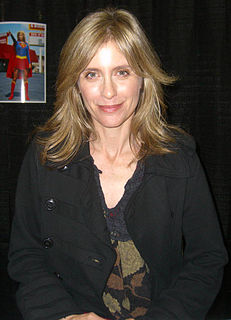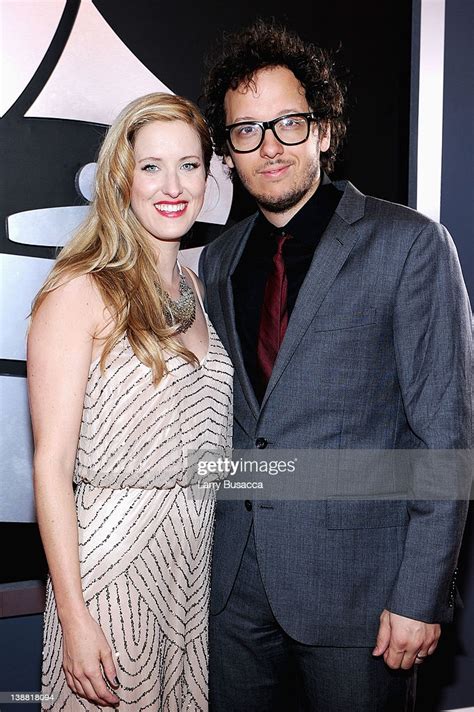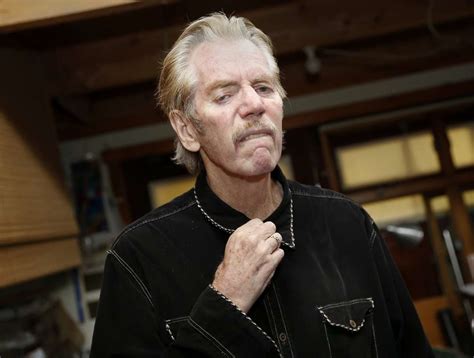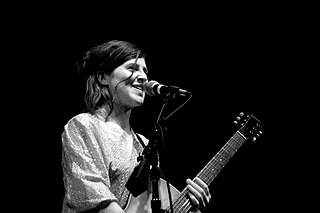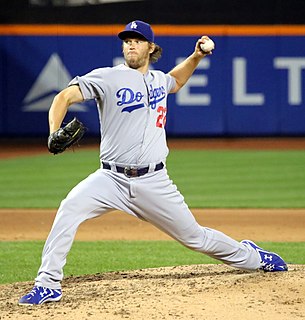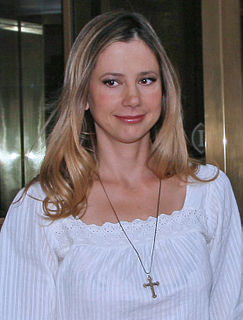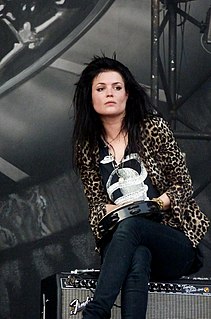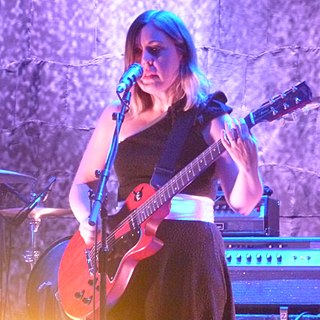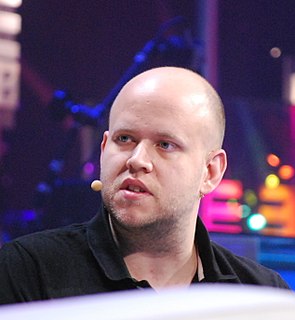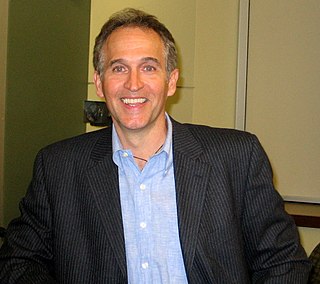A Quote by Helen Slater
It may not be the most popular but there is a place for it. I think about the kind of music I love, acoustic, melodic, and I guess it kind of took a bit of courage on my part to think I could be one of those songwriters.
Related Quotes
I kind of grew up a guitar nerd and I tried to figure out how to shred on an acoustic guitar as a kid, while listening to jazz or whatever. So that is kind of a different thing and my church background, growing up with worship kind of the ground that I learned how to play music from. Those are all odd ways of growing up, compared to most people, so I think the music has plenty of uniqueness in that.
I know that a lot of songwriters write about a break up. It's a really popular topic. I think heartbreak is the number one thing people write about. I could say that's narcissistic somehow because they want everybody to admire how pained they are. But I actually do think there's something beautiful and uplifting about knowing that you're not the only one who is experiencing or has experienced that kind of devastating loss. Everyone's experienced that.
I'm very much inspired by the Latin music, especially the romantic boleros. Not that when I sit to write a play I listen to boleros. But I think it's part of my DNA, it's part of my upbringing. I grew up in a house where this is the kind of music my parents used to listen to. This is the kind of music I would even hear in my neighborhood. I think that sort of romanticism is part of the culture.
[My choice about scripts] is just a question of what I fall in love with. You have to use some kind of instinct meter about it. I think I'm getting closer to my instincts now. I don't think there needs to be a plan. I think there needs to be love. I think you need to love what you're doing and then the rest is anybody's guess.
I think the kind of landscape that you grew up in, it lives with you. I don't think it's true of people who've grown up in cities so much; you may love a building, but I don't think that you can love it in the way that you love a tree or a river or the colour of the earth; it's a different kind of love.
I think the B-52's were a huge influence on Sleater-Kinney. The way that there'd be a really interesting guitar line that'd be really melodic and kind of simplistic, I really related to that. The sense of melody is really intense and fun. It's not just traditional song structures, but it's very melodic and draws you in, in kind of an immediate way.
I basically get stereotyped a lot in terms of being a girl and writing 'chick' music for teenage girls or something. I think, if anything, the press kind of, because of my gender and my age, tends to kind of relegate my work to this sort of special-interest group. It's part of the cultural dynamic, I guess.
We kind of look at music as something very natural in people's lives. I mean, most of us can relate to music in some sort of shape and form, and if you think about it, most of us remember the first time we kissed someone, what kind of music was playing or the song that was playing on our friend's birthday.
